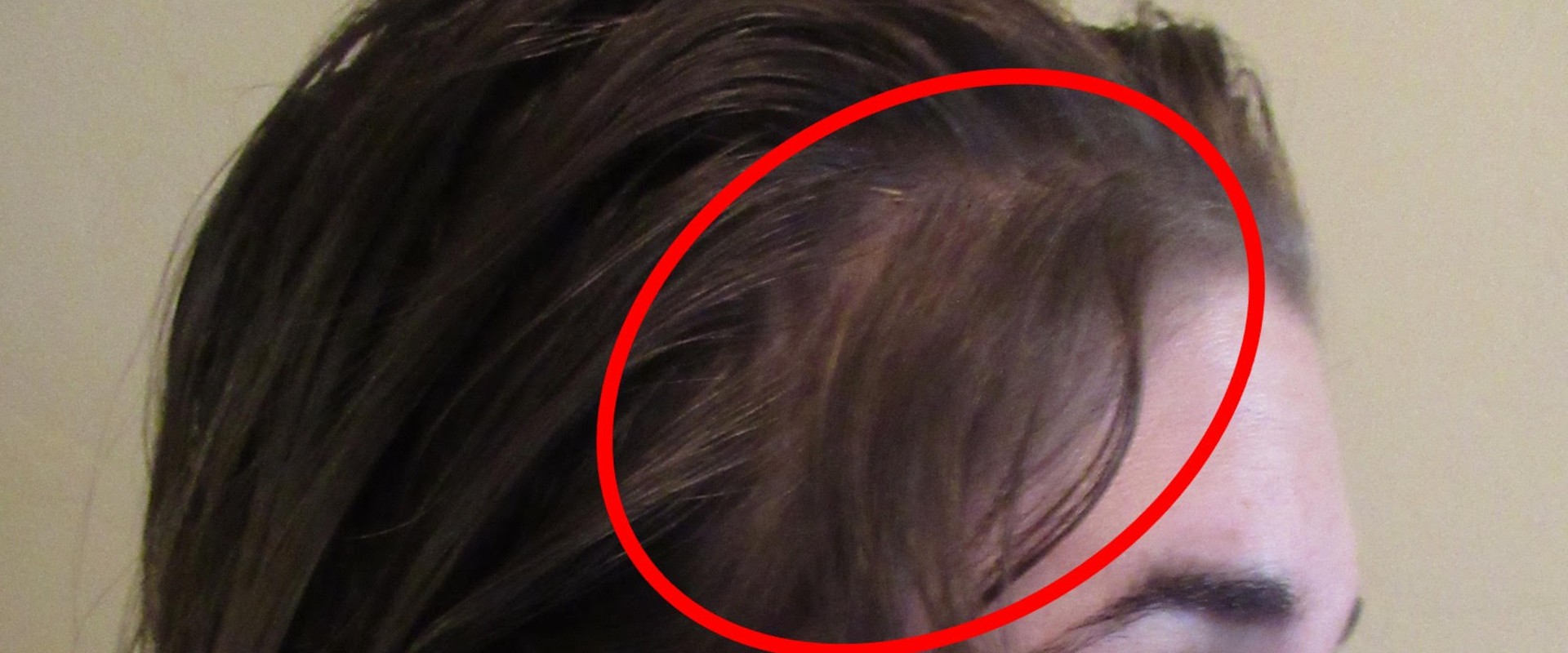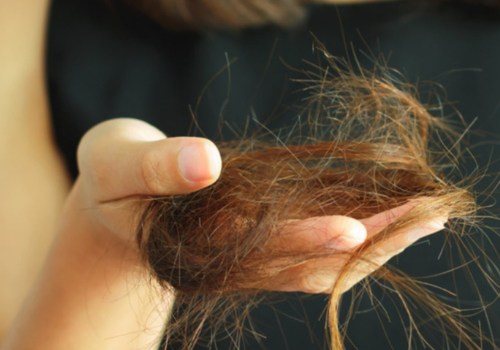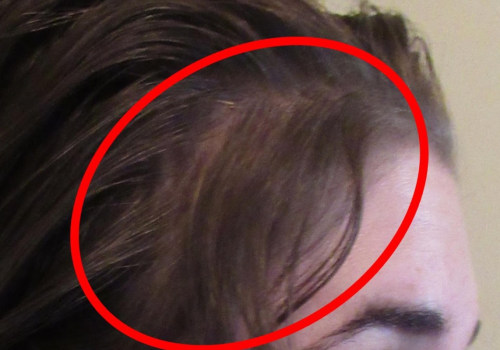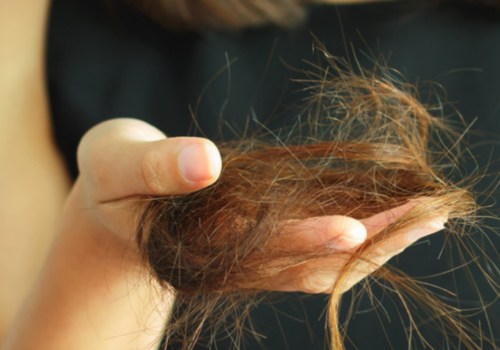Tips for Minimizing Hair Loss After Weight Loss SurgeryConsume a minimum of 60 to 80 grams of protein each day, include a protein with every meal and snack, use powdered or liquid protein supplements to meet daily protein intake goals, take vitamin supplements and minerals as recommended by your doctor. After bariatric surgery, the body may experience deficiencies in certain nutrients and minerals that can cause hair loss. Keep in mind that other nutritional deficiencies can also lead to hair loss. Take your iron and zinc supplements: Iron is another micronutrient that is commonly associated with hair loss.
If you lose a lot of hair and steadily after months of surgery, you should monitor your iron levels. You should add iron-rich foods to your diet even before surgery. Good sources of iron include egg yolk, red meat, leafy greens, beans, legumes, peas, cereals, and others. Zinc supplement is also essential for the growth of hair follicles.
So, add zinc-rich foods to your diets, such as red meat, poultry, and oysters. Due to the stress of surgery, more hair follicles enter the resting phase. Between 1 and 6 months after surgery, you will most likely lose that hair. In some cases, the old hair follicle is released before new hair begins to grow.
They are essential to avoid nutrient deficiencies and provide the B vitamins needed to keep hair healthy and full. There is a misconception that hair loss after bariatric surgery is inevitable and there is nothing you can do to prevent it. It may take 6 months for all of your dormant hair to fall out, but your body will start to grow more hair over time. Hair should grow back normally as long as there are no nutrient deficiencies and consume adequate protein.
While hair loss can occur after bariatric surgery, it is not permanent and hair will grow back. Nutrition can have a big impact on hair health because when it is forced to make a decision, the body will shift nutritional reserves to vital organs such as the brain and heart and away from the hair. It's natural to be frightened by the possibility of hair loss after bariatric surgery, but you really have nothing to fear. Following the bariatric diet and nutrition program, which requires limited calories and a diverse daily protein intake, is useful for preventing hair loss in the long term.
The thought of losing hair can be frightening, and while hair loss after bariatric surgery is commonplace, at worst, it is a temporary inconvenience. Hair loss is a relatively common occurrence that occurs after gastric sleeve surgery or gastric bypass, no matter where in the world you have surgery. Hair follicles are not damaged during telogen effluvium, so hair will grow back stronger and better than before. It may be impossible to prevent hair loss after bariatric surgery, as it is a natural response of the body to surgery, significant weight loss and dietary changes.
Of course, the weight loss team and their team of experts will be more than ready to guide you through your weight loss journey after your gastric sleeve or gastric bypass, as well as any revision surgery options you may need if you are not satisfied with the results of your weight loss. You should also see a doctor if your hair loss begins after 6 months, if you suspect that you have nutritional deficiencies, or if any routine blood tests show that you have low levels of vitamins or minerals that can cause hair loss. When silica and biotin are taken together, they can help prevent hair loss and can also restore hair after the telogen effluvium phase. .





